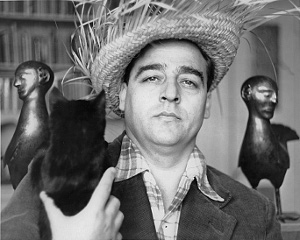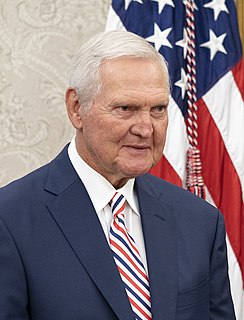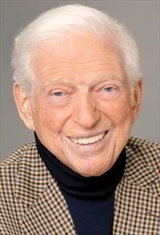A Quote by Arthur Conan Doyle
You will, I am sure, agree with me that... if page 534 only finds us in the second chapter, the length of the first one must have been really intolerable.
Related Quotes
There are three musts that hold us back: "I must do well. You must treat me well. And the world must be easy." And I sometimes think that as long as we keep the second must, which is socially learned, then some screwballs 100 years from now will manufacture atomic bombs in their bathtub and maybe annihilate the whole human race because they demand that the rest of the world must agree with their dogmas. When we don't agree, they may zap us.
I think you will agree that I am alive in every part of this book; turn back twenty, thirty, one hundred pages - I am back there. That is why I hate the story; characters are not snakes that they must shed their skins on every page - there can only be one action: what a man is. When you have understood this, you will be through with novels.
There are several studies done of peasant uprisings where the first chapter might be 'conditions in that area' and so the conditions are bad, and then the second chapter is a kind of conjectural event, somebody's shot and then there's an uprising. But there's no consideration, no chapter on preparation.
I am very happy, Jane; and when you hear that I am dead, you must be sure and not grieve: there is nothing to grieve about. We all must die one day, and the illness which is removing me is not painful; it is gentle and gradual: my mind is at rest. I leave no one to regret me much: I have only a father; and he is lately married, and will not miss me. By dying young, I shall escape great sufferings. I had not qualities or talents to make my way very well in the world: I should have been continually at fault.
Books help to form us. If you cut me open, you will find volume after volume, page after page, the contents of every one I have ever read, somehow transmuted and transformed into me just as my genes and the soul within me make me uniquely me, so I am the unique sum of the books I have read. I am my literary DNA.
I would look at the first chapter of any new novel as a final test of its merits. If there was a murdered man under the sofa in the first chapter, I read the story. If there was no murdered man under the sofa in the first chapter, I dismissed the story as tea-table twaddle, which it often really was.
I think that you are the liar!" I say, my voice quaking. "You tell me you love me, you trust me, you think I'm more perceptive than the average person. And the first second that belief in my perceptiveness, that trust, that love is put to the test, it falls apart." I am crying now, but I am not ashamed of the tears shining on my cheeks or the thickness of my voice. "So you must have lied when you told me all those things... you must have, because I can't believe your love is really that feeble.




































